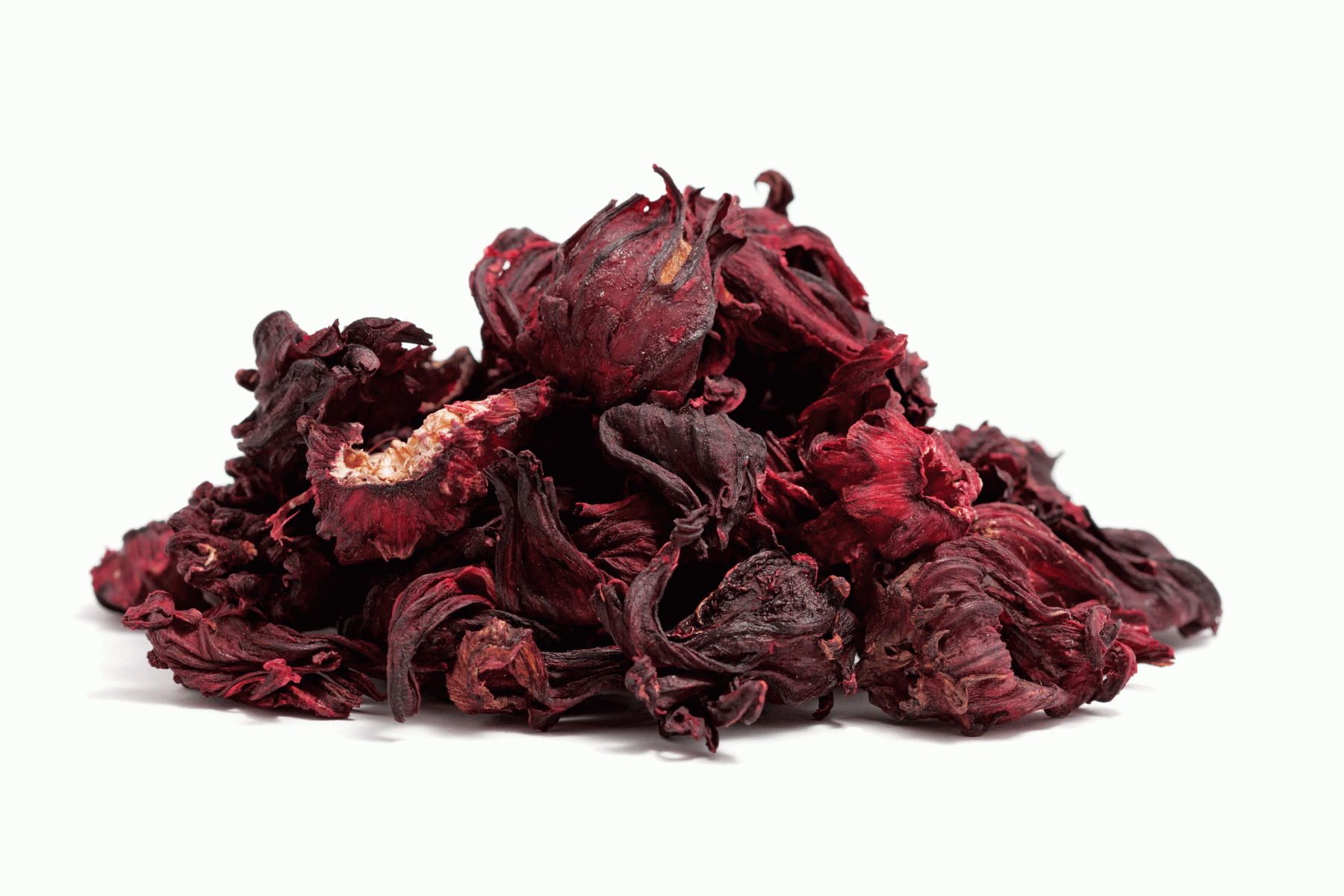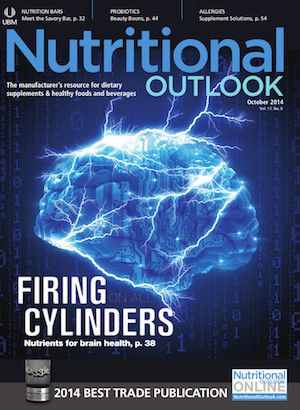Hibiscus Extract Saves Hot Dogs
For ready-to-eat meats, a rinse with hibiscus extract may be an effective Listeria deterrent.

In a feat of antimicrobial wonder, a rinse of hibiscus extract successfully killed Listeria and MRSA pathogens on hotdogs at the University of Tennessee.
Researchers writing in Food Control wanted to test the effect of hibiscus extract on ready-to-eat meat products because pathogen outbreaks remain an ongoing problem for industry. After all, the same researchers already found hibiscus extract useful against E. coli in milk during a previous study.
In the case of hot dogs, researchers dipped samples in Listeria monocytogenes and Methicillin-resistant Staphylococcusaureus (MRSA) cultures overnight. Samples were then rinsed with water or hibiscus extract (120 or 240 mg/ml) for a variety of time periods. The researchers checked for microbial counts immediately after each rinse or after 24 hours of refrigeration. The study was replicated 3 times.
In linear fashion, pathogen destruction was associated with higher concentrations of hibiscus extract, longer rinse times, and longer storage times. Listeria presence dropped as low as ca. 1.5 log CFU/g, and MRSA was virtually undetectable after an hour-long rinse with the high dose of hibiscus extract and 24 hours of subsequent refrigeration. While the lower dose of hibiscus extract was not nearly as effective as the high dose, this amount still hindered pathogen growth.
MRSA has been detected in meat products before, although experts are unsure if it can be transmitted in this way. The United States has a zero-tolerance policy for Listeria in ready-to-eat meat products, as indicated by the country’s “Listeria Rule.” The USDA offers a comprehensive outline for how to prevent Listeria in foods, but it only suggests lactates and diacetates as possible antimicrobial agents. A manufacturer must outline the effectiveness of its chosen antimicrobial, whether the ingredient is synthetic or natural, in its Hazard Analysis and Critical Control Points (HACCP) plan.
Starwest Botanicals (Sacramento, CA) provided hibiscus calyces for this study, and those calyces were then made into extract. Hot dogs became noticeably redder after long hibiscus rinses, and this may or may not be a concern to manufacturers.
Photo © iStockphoto.com/yamahavalerossi
Robby Gardner
Associate Editor
Nutritional Outlook magazine
robby.gardner@ubm.com
